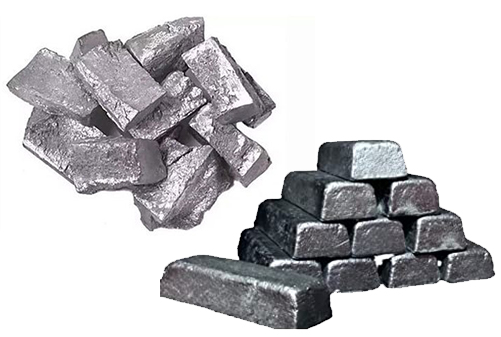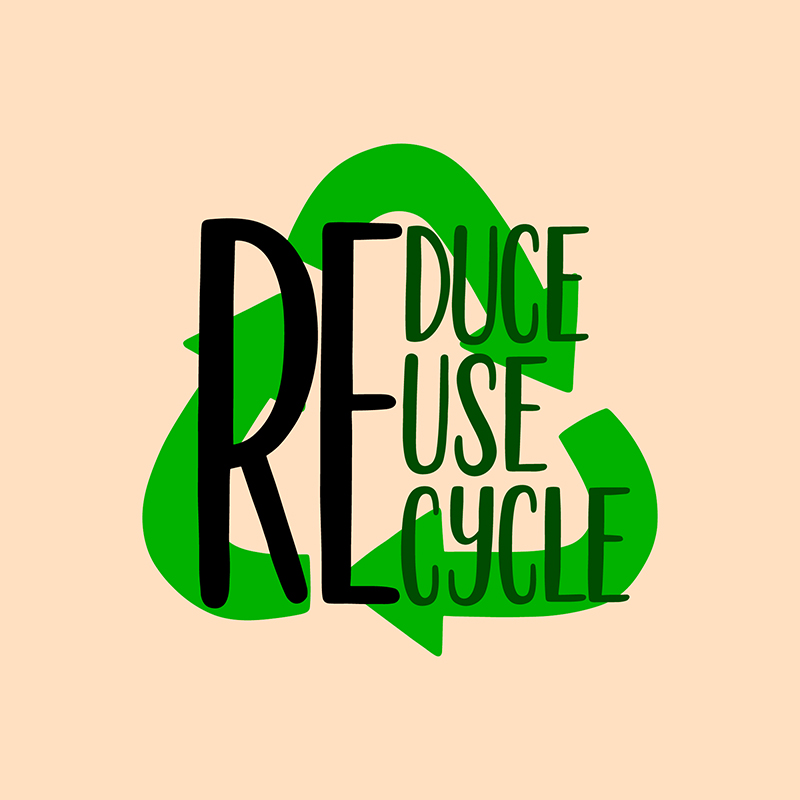Why Battery Recycle
Lead-based batteries are the most important component over diesel and petrol vehicles used in recent times. The lead-alloy is the most significant industrial product used in batteries. Recycling of lead-alloy batteries are done in the great interest of lead industry. Approx. 85% of lead is used in batteries but when they run down, by recycling 99% can be recovered and used in new batteries. No doubt it has a great contribution to our society as well as very profitable.
The lead batteries are hazardous waste. It is wrong to dispose dead batteries in the trash. All types of batteries contain corrosive materials and heavy metals that can contaminate the environment. Inattentive disposal of them poses both health and environmental threats. Recycling these lead-alloy batteries make a significant contribution to sustainable development, maximizes the use of non-renewable resources and reduces the carbon emissions through a simple and energy-efficient recovery method.

Environmental effects of lead and Alloy
Lead and alloy is a potentially deadly toxin that has harmful effect on soil, plants, micro-organisms and animals. Water can be contaminated with lead from waste dumps and industrial plants. Lead deposited on the ground from dead lead batteries can be transferred to the upper layers of the soil surface. Plants on this soil absorb this lead in their roots. Lead pollution coats the surface of the leaf and blocking the light reaching there resulting reduce the rate of photosynthesis. This may cause killing plants, inhibiting respiration and pre-mature aging. Lead on soil in soluble form can be easily absorbed by plants and micro-organisms. Micro-organisms are responsible for decomposing food chain. But absorbing this acid in more soluble forms can wipe out bacteria and fungi’s on leafs surfaces and in soil. Thus destroys the environment ecology cycle.
Benefits of Recycling Lead and Alloy
Lead and alloy is a most valuable and usable in various electronic equipment. Not only that, it is a material which is very easy to recycle. There is no difference between recycled or newly sourced lead in terms of quality or functionality. It can be recycled multiple times as well. Recycling reduces disposing of lead in the environment and saves mineral resources of the nature. It also reduces pollution and harmful effect on people, animals as well as the wider environment. There are numerous commercial benefits to recycling batteries. Lead is a naturally occurring material and a limited resource. Significant cost is associated in mining leads – financially and environmentally.


Reduce, Reuse, Recycle
Batteries used in devices should not dump in recycle bins or within household garbage. Most of these batteries contain several harmful but valuable materials like mercury, cadmium, lead, lithium, zinc, nickel, and silver. One should be more cautious before disposing of batteries improperly. Dumping them in landfills or incineration leads to dangerous explosions. That not only an immediate threat to others as well as contribute to environmental damage. Also this lead to destroy of this ideal resources and affecting economy. So whether these dead batteries are used or discharged it needs to be disposed properly.
